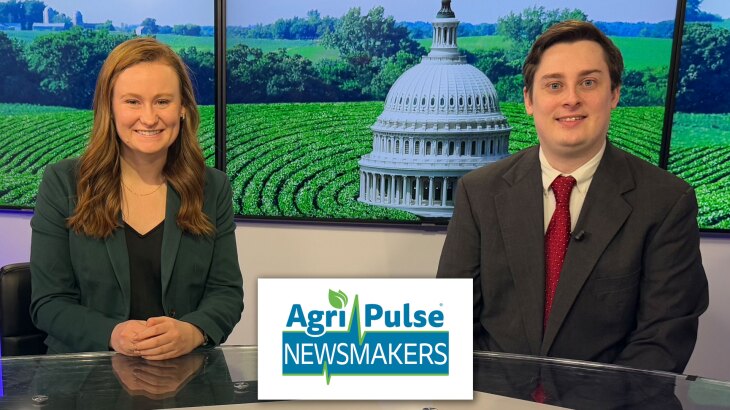Some dairy farmers are concerned about the industry as milk dumping is becoming more common. Dairy producers in the Midwest are being forced to dump their milk as processing plants remain at full capacity.
The oversupply has driven milk prices down and farmers are looking for alternative markets. Mitch Thompson with Thompson Family Dairy in Lewiston, Minnesota, says having to dump milk like this is a “kick in the shorts.”
Dr. Christopher Wolf at Cornell University says it boils down to supply and demand.
“The peak consumption of dairy products, of course, happens around the holidays, and the peak production happens about this time of year. And so, we’ve got to convert some of those dairy products to something storable so that we have them for the holidays,” Dr. Wolf explains. “But that requires having big investments in processing capacity. And this kind of spring flush time, which coincides with kids leaving school, has always been a challenge for the dairy industry to manage—balancing day to day, balancing across the year, and balancing kind of through the cycles, has increasingly been a challenge—and in some cases, it’s resulted in some milk being dumped, which nobody wants to see because it’s a waste of resources all around.”
Milk dumping isn’t the only problem right now, Dr. Wolf says. It is just one of a long list of things affecting not just dairy, but the agriculture industry at-large.
“We’ve been having transportation issues because fuel has been expensive. It’s certainly less expensive now than it was a year ago, but it’s still not cheap, and we simply don’t have enough truck drivers—and labor costs all the way around,” Wolf says. “The other thing is there are plants that would like to add another shift maybe to soak up some of this so that milk doesn’t get dumped, but have been having difficulty finding the workers.”



















